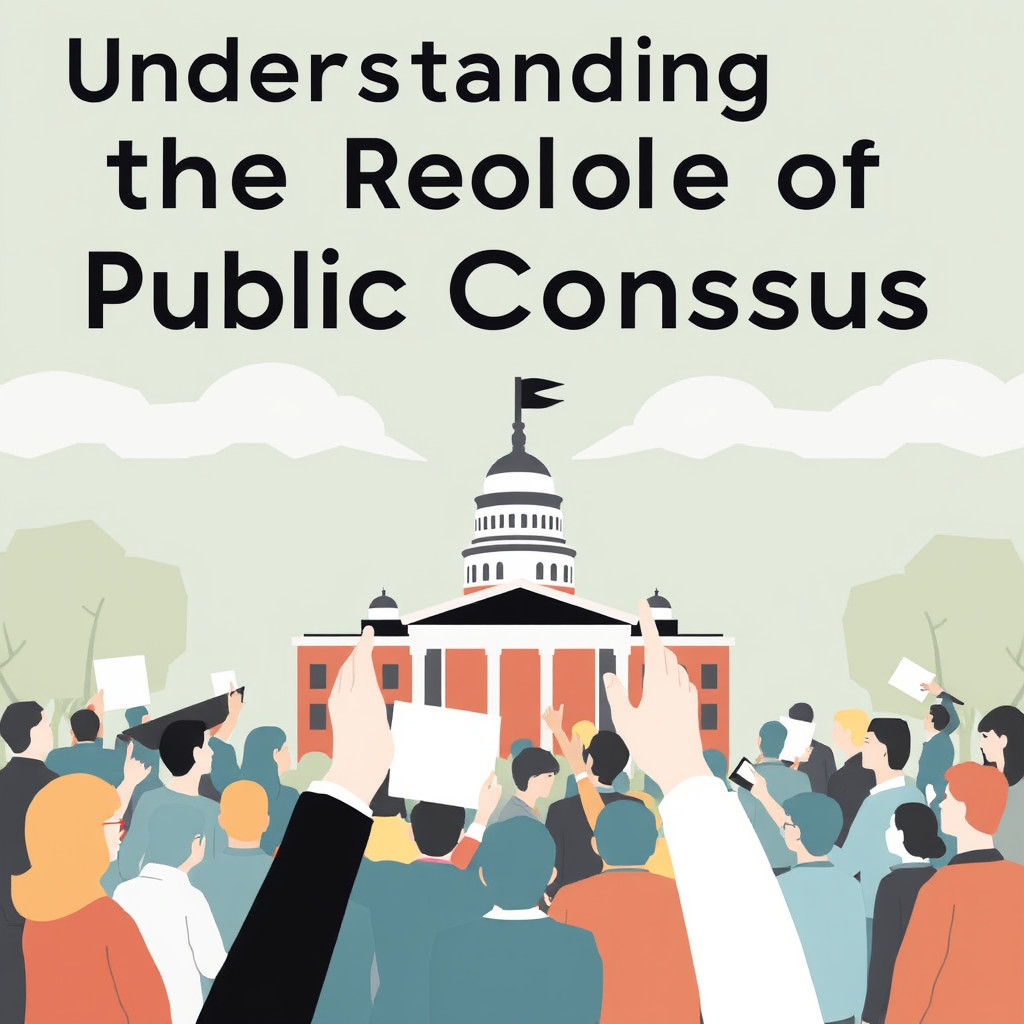Public consensus is a powerful force that shapes many aspects of our society, from politics to sports and beyond. But what exactly is public consensus, and how does it influence the world around us? In this article, we will delve into the concept of public consensus, explore its significance, and examine how it affects areas like Major League Baseball (MLB), social issues, and public sentiment.
What is Public Consensus?
Public consensus refers to the collective opinion or agreement of a group of people on a particular issue or set of issues. It is the result of shared beliefs and values, often shaped by cultural, social, and economic factors. Public consensus can be reflected in various forms, such as votes, surveys, or general public opinion.
The Importance of Public Consensus
Public consensus plays a crucial role in decision-making processes in democratic societies. It helps guide policymakers, businesses, and organizations in understanding the views and needs of the public. By considering public consensus, leaders can make informed decisions that reflect the desires and interests of the majority.
Public Consensus in Major League Baseball (MLB)
Major League Baseball is an excellent example of how public consensus can impact a sport. Fans’ opinions and sentiments can influence team management decisions, player selections, and even game rules. Let’s explore how public consensus shapes MLB.
Fan Influence
Fans are the lifeblood of any sport, and their collective opinion holds significant power. In MLB, fan consensus can sway team decisions. For example, if a large majority of fans express dissatisfaction with a team’s performance or management, it may lead to changes in coaching staff or player trades. Teams must balance their business interests with the desires of their fan base to maintain support and revenue.
Player Popularity
Public consensus also affects the popularity of individual players. A player who is well-liked by fans may receive more media attention, endorsements, and opportunities. Conversely, a player who is unpopular or controversial may face criticism and reduced career prospects. Fans’ opinions can shape a player’s image and career trajectory.
Social Consensus and Its Impact
Social consensus refers to the general agreement or acceptance of social norms, values, and behaviors within a community or society. It influences various aspects of daily life, from social interactions to policy changes.
Shaping Social Norms
Social consensus plays a pivotal role in shaping social norms. For instance, societal views on issues like gender equality, environmental conservation, and public health are influenced by the collective beliefs of the community. As social consensus evolves, so do the norms and behaviors of society.
Driving Policy Changes
Public consensus on social issues can drive policy changes at local, national, and global levels. When a significant portion of the population supports a particular cause or viewpoint, policymakers may feel compelled to address it through legislation or regulation. This dynamic is evident in movements advocating for civil rights, climate action, and healthcare reform.
Public Sentiment and Its Influence
Public sentiment refers to the general mood or emotional response of the public toward an event, issue, or entity. It is closely related to public consensus and can be measured through surveys, social media analysis, and other methods.
Measuring Public Sentiment
Understanding public sentiment is essential for businesses, politicians, and organizations seeking to gauge public opinion. Social media platforms, in particular, provide valuable insights into public sentiment by analyzing user-generated content and engagement metrics. By tracking sentiment trends, stakeholders can adapt their strategies to align with public opinion.
Impact on Reputation
Public sentiment can significantly impact the reputation of individuals, brands, and institutions. Positive sentiment can enhance credibility and trust, while negative sentiment can lead to reputational damage and loss of support. Managing public sentiment is crucial for maintaining a positive public image and fostering strong relationships with stakeholders.
The Interplay Between Public Consensus and Media
The media plays a vital role in shaping public consensus by informing, influencing, and amplifying public opinion. Let’s examine how media and public consensus interact.
Media as a Catalyst
Media outlets serve as a catalyst for public discourse by providing information and framing issues in specific ways. News coverage, editorials, and commentary can influence public perception and contribute to the formation of public consensus. The media’s portrayal of events and issues can sway public opinion and shape the narrative around them.
The Role of Social Media
Social media platforms have become powerful tools for gauging and influencing public consensus. They provide a space for individuals to express their opinions, share information, and engage in discussions. Social media amplifies voices that may have been marginalized in traditional media and allows for real-time feedback on current events.
Conclusion
Public consensus is a dynamic and multifaceted concept that plays a crucial role in shaping various aspects of society. From influencing decision-making processes in MLB to driving social change and shaping public sentiment, public consensus is a force that cannot be ignored. By understanding and considering public consensus, leaders, businesses, and organizations can make informed decisions that reflect the values and desires of the people they serve.
In today’s interconnected world, the role of public consensus is more significant than ever. As technology continues to evolve, so too will the ways we measure and understand public consensus. Staying attuned to public sentiment and consensus will remain essential for navigating the complexities of modern society.




